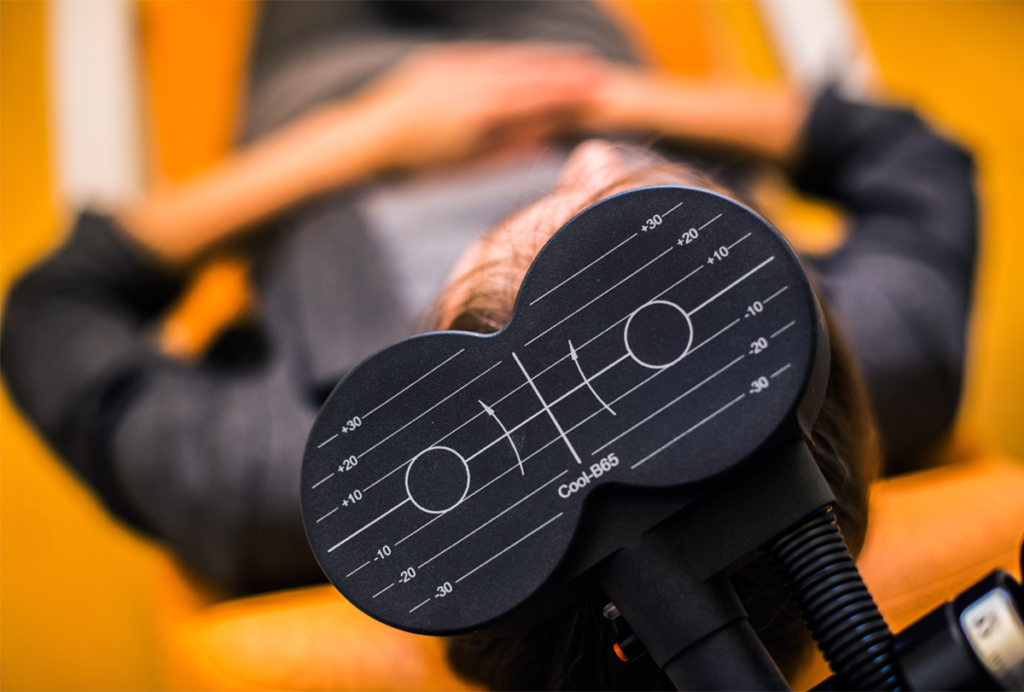Xujun Duan is a professor of Biomedical Engineering at the University of Electronic Science and Technology of China, Chengdu, China. She received her PhD in Biomedical Engineering at the University of Electronic Science and Technology of China, and conducted a Joint PhD study at Stanford University under the supervision of Dr. Vinod Menon. Her long-term research goal is to address how brain anatomy, function and connectivity are altered in autism spectrum disorder (ASD), and how they vary across the population, by using multi-modal brain imaging techniques and computational methods.
Xujun Duan
Professor of biomedical engineering
University of Electronic Science and Technology of China
From this contributor
Magnetic stimulation for autism: Q&A with Xujun Duan
A new individualized approach to transcranial magnetic stimulation may one day be an effective treatment for social and communication difficulties, if the results from Duan’s small preliminary trial pan out.

Magnetic stimulation for autism: Q&A with Xujun Duan
Explore more from The Transmitter
Two neurobiologists win 2026 Brain Prize for discovering mechanics of touch
Research by Patrik Ernfors and David Ginty has delineated the diverse cell types of the somatosensory system and revealed how they detect and discriminate among different types of tactile information.

Two neurobiologists win 2026 Brain Prize for discovering mechanics of touch
Research by Patrik Ernfors and David Ginty has delineated the diverse cell types of the somatosensory system and revealed how they detect and discriminate among different types of tactile information.
Shifting neural code powers speech comprehension
Dynamic coding helps explain how the brain processes multiple features of speech—from the smallest units of sounds to full sentences—simultaneously.

Shifting neural code powers speech comprehension
Dynamic coding helps explain how the brain processes multiple features of speech—from the smallest units of sounds to full sentences—simultaneously.
Astrocytes orchestrate oxytocin’s social effects in mice
The cells amplify oxytocin—and may be responsible for sex differences in social behavior, two preprints find.

Astrocytes orchestrate oxytocin’s social effects in mice
The cells amplify oxytocin—and may be responsible for sex differences in social behavior, two preprints find.